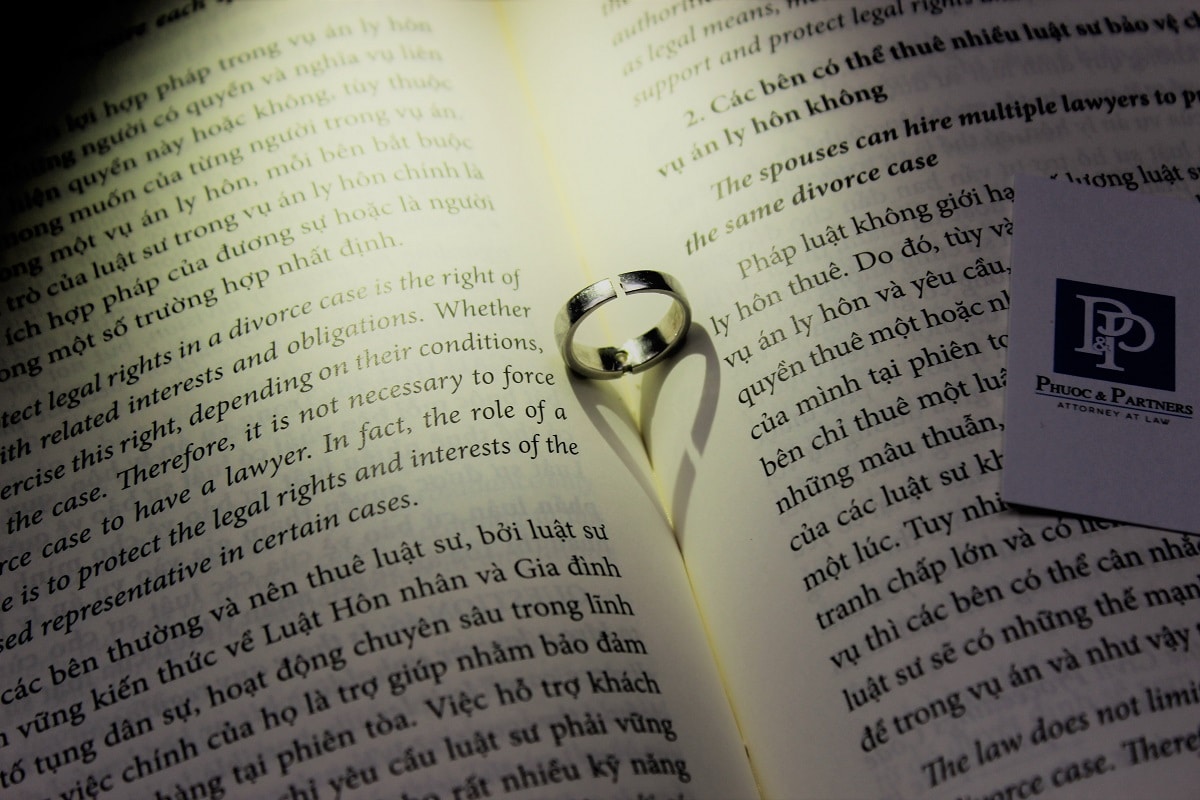When resolving a divorce case, it is complex for the Court to determine the common properties of the spouses and their separate properties during the marriage period for division. Indeed not all properties arising during the marriage period are also considered as the common properties of the spouses and not all separate properties of each spouse is considered to be owned by such person.
Thus, which separate property of each spouse is still considered to have formed common properties of the spouses to be divided between the two spouses when resolving the divorce case? It includes:
- Yields and profits arising from a spouse’s separate properties during the marriage period; or
- Yields and profits arising from a spouse’s separate properties after the agreement on common property division takes effect and it is agreed that yields and profits arising from the separate properties of husband or wife will be their common properties.
To make this content clear, let’s illustrate it through the following example:
Mr. A and Ms. B registered their marriage in 2015. Their common properties during the marriage period included a house in H city, a house in K city, and a Toyota car worth VND500,000,000. They lived in the house in H city and rented the house in K city for VND15,000,000 per month.
In 2016, Mr. A was given the accommodation blocks of 10 inns in H city by his parents. He and his wife rented it to nearby workers for VND20,000,000 per month.
In 2018, Mr. A and Ms. B made an agreement on common property division during their marriage period at the notary practice organisation in K city as follow: the house in K city is Ms. B’s separate properties and the Toyota car is owned by Mr. A. Both agreed that the money earned from the monthly rent of the house in K city shall constitute their common properties and be used to cover family life.
Therefore, the properties of both Mr. A and Ms. B can be determined as follow:
Common properties: the house in H city;
Separate properties:
- Owned by Mr. A: accommodation blocks of 10 inns in H city and the Toyota car; and
- Owned by Ms. B: the house in K city.
As analysed above, the rent for accommodation blocks in H city is of VND20,000,000 per month and the rent for the house in K city equals to VND15,000,000 are viewed as yields and profits arising from the separate properties of Mr. A and Ms. B during their marriage period but such yields and profits are considered as the common properties of Mr. A and Ms. B.
Assuming that Mr. A and Ms. B save these yields and profits together and buy a parcel of land in H city, this land use right will be their common properties during the marriage period.
In contrast, some of the properties formed during the marriage period but are still considered to the separate properties of each spouse.
It includes:
- Properties inherited by or given separately to him or her during the marriage period;
- Common properties of the spouses divided into separate properties of each spouse in their agreement on common property division which is legally established in accordance with law during the marriage period and yields and profits arising from separate properties from the effective time of such agreement;
- Properties to meet the essential needs of each spouse;
- Properties formed from each spouse’s separate properties;
- Property rights of each spouse to their own intellectual property objects;
- Properties under the separate ownership of each spouse according to the judgement or decision of a Court or another competent State authority;
- Allowance, incentives or other property rights receivable by a spouse associated with the personal identification of a spouse.
From the above analysis, it can be affirmed that the time of property formation is only one of the bases for determining the matrimonial property regime during the marriage period, not a key factor to determine that regime as understood by most people. Therefore, when requesting the Court to solve property problems during the marriage period in the divorce case, the spouses must identify exactly which properties belong to him or her, and that his or her request is reasonable, justified and accepted by law enforcement agencies to best ensure his or her legitimate rights after marriage.
If you would like more information on how we can assist you with divorce issues, please contact us at: +84 (28) 36223522 or email us at info@phuoc-partner.com

